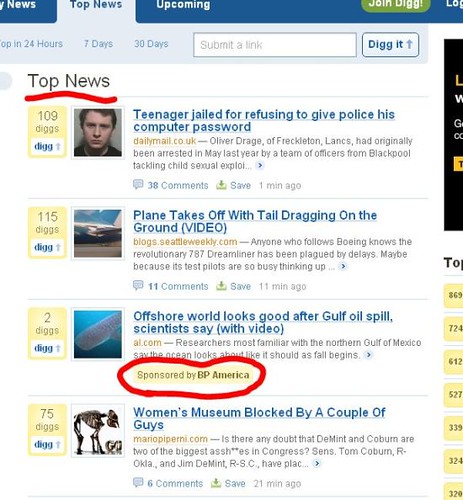Finally: Clear Ruling That Realizes That Just Buying Ads On Trademarked Keywords Is Not Infringing
from the nice-to-see dept
For the better part of a decade, there have been a ton of lawsuits about keyword advertising, and whether or not it's a trademark violation to buy an advertisement on a competitor's trademark. All along, we've argued that this is not, at all, a trademark violation. The main purpose of trademark law, of course, is to prevent consumer confusion -- and advertising a competing product when people are looking for one brand is not a trademark violation. Just think of supermarkets where they have those little coupon dispensing machines that pop out competitor's coupons all the time. Keyword advertising is basically the same thing. Tragically, despite a large number of these cases, the courts have really skirted the issue. Some of the cases have blamed Google, but thankfully there have been a growing number of cases that have ruled Google clearly has no liability here as a third party. But the company buying the ads? Well, we've been waiting for a clear ruling... and we're getting closer.Eric Goldman points us to the ruling in the 9th Circuit appeals court in a case involving Network Automation Inc. and Advanced Systems Concepts Inc. Network bought some ads on Google and Bing based on searches for "ActiveBatch," which is one of Advanced System's products. The key question: is there a likelihood of confusion? We've argued no for years, and the court here seems to agree. It goes through all of the factors that the lower court should have considered in determining whether or not there was likely to be confusion, and seems to indicate that Google and Microsoft clearly marking things as ads reduces the likelihood of confusion.
Here, even if Network has not clearly identified itself in the text of its ads, Google and Bing have partitioned their search results pages so that the advertisements appear in separately labeled sections for "sponsored" links. The labeling and appearance of the advertisements as they appear on the results page includes more than the text of the advertisement, and must be considered as a whole.Even more importantly, the court finally seems to recognize that beyond just the limited list of "factors" previous courts have set out, it's important to actually look at the context and bigger picture. That's a key point that makes this ruling significant, and why many legal scholars are suggesting that this ruling is a defining ruling that will be cited and mentioned frequently in the future.
On top of this, hopefully it leads to an even clearer lower court ruling, but it seems clear that just buying an ad shouldn't be considered confusing. The text of the ad could make it confusing, but just buying the ad should not be.
Filed Under: advertising, keywords, trademark



